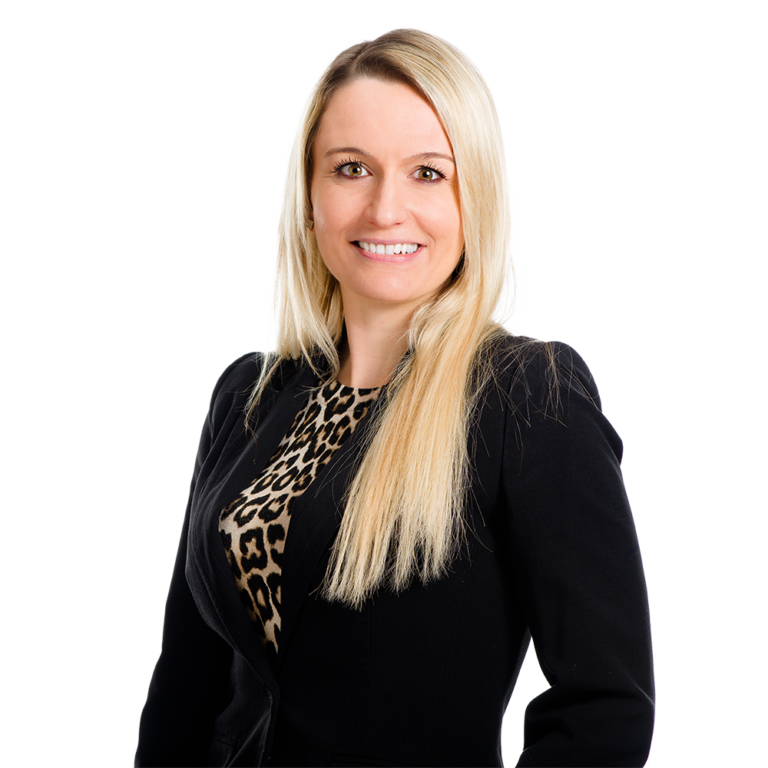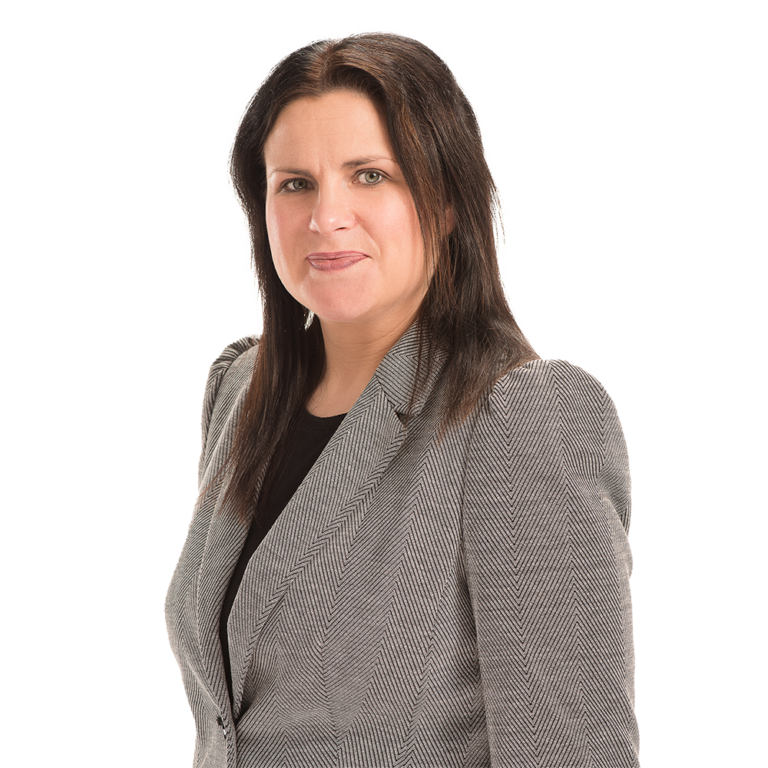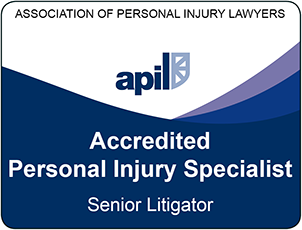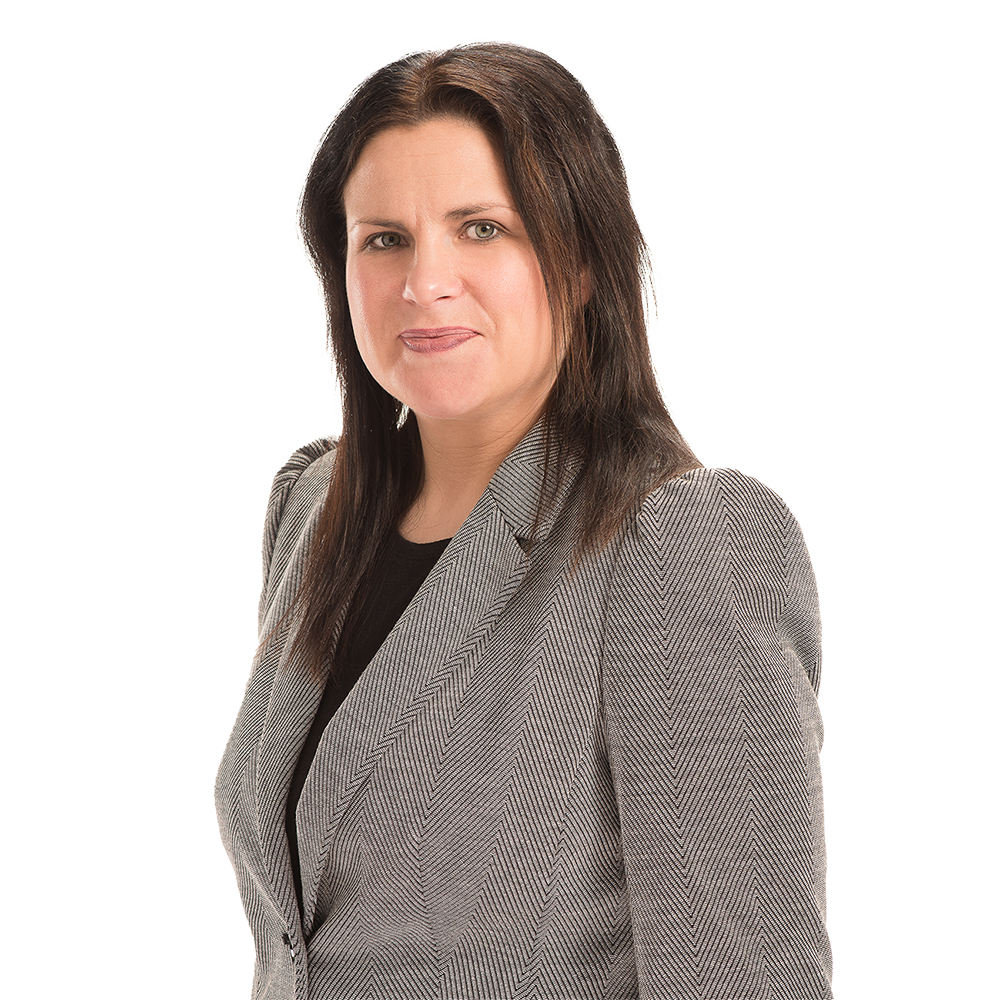Our team has experience of pursuing high value subtle brain injury claims using a cutting edge neuroradiological methodology
Subtle brain injury claims, whether due to accidental injury or clinical negligence, can now be substantiated by using a new cutting edge neuroradiological methodology;
(i) volumetric analysis of the brain with comparison to an age matched control group which examines possible differences in white and grey matter volume of the brain.
(ii) diffusion tensor imaging analysis of the brain with comparison to an age matched control group which examines the microstructure of the brain tissue.
What Will The New Technology Show?
These scans provide information about the white matter tracts and their general integrity, and information about global and regional brain volumes.
Without these new types of MRI scan, MRI scans in the past could not tell you about the long term cognitive and neuropsychological outcomes, and unfortunately making a claim for a mild traumatic brain injury mostly relied solely on the claimant’s evidence about such problems. In the past, this meant that it was easier for the opinion of the Claimant’s neuropsychological expert witness, on issues such as causation, the extent of brain damage, and the Claimant’s poor prognosis, to be contradicted by the Defendant’s neuropsychological expert witness.
Our Subtle Brain Injury Claim Experts
Our team has experience of pursuing a high value subtle brain injury claims using this new technique.
Through involvement and knowledge, we obtained expensive specialised MRI scans and the instruction of an expert to report on the diffusion tension and volumetric data shown by the scans. In addition, reports were prepared by neuroradiologists on the scans, and then a report from a neuropsychologist backing up conclusions from that objective data. These conclusions are more unassailable as they are no longer only backed up by the evidence of the Claimant and their family about the socio-emotional symptoms, and the difficulties with such things as tiredness, task completion, initiation, working memory and planning/organisation.
How Can We Help?
For further information or to discuss a potential claim, please contact the team on freephone 08000 116666
or via email at legal@timms-law.com.
Results that speak for themselves














